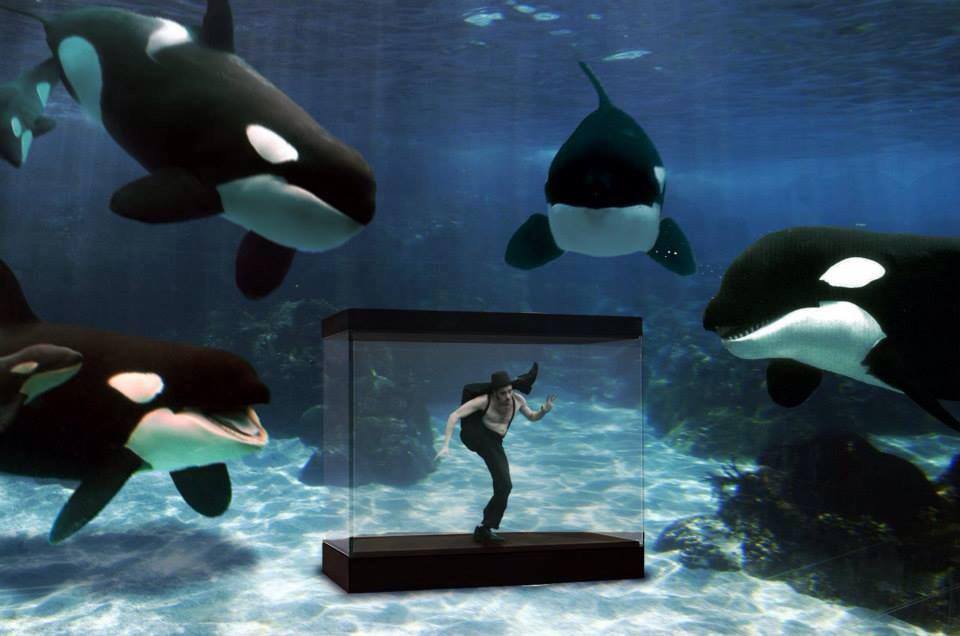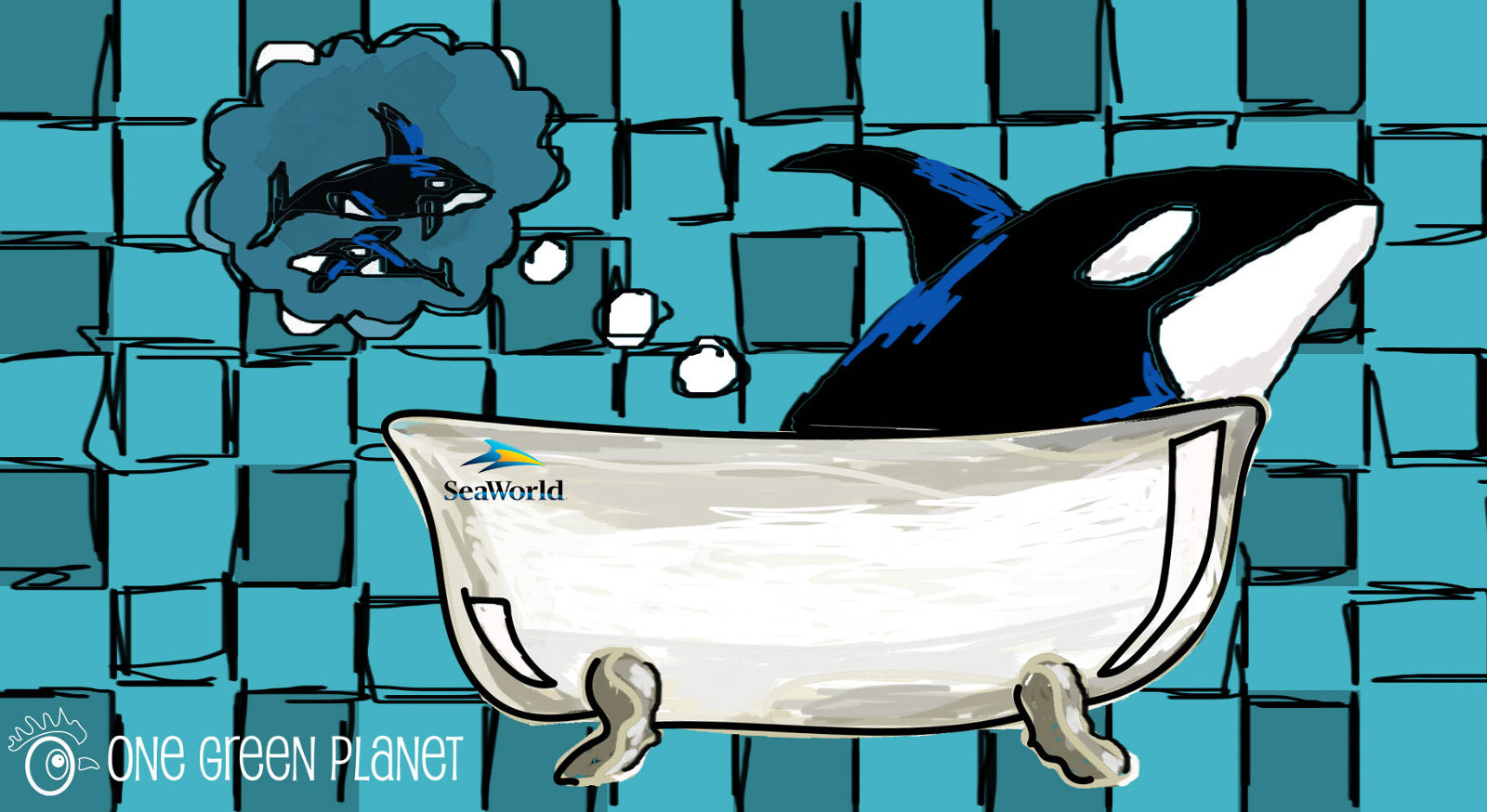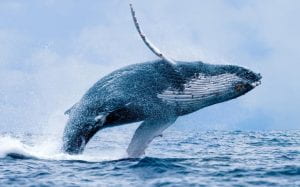Our Self-Quarantine/ Social Distancing is NOTHING Compared to the Way Captive Orcas Live
Written by Emily Ram, Edited by Victoria Licona
Whale, welcome back Ocean Olympians! Continuing off of our blog post, Save the Whales, from earlier this week, today we’re drawing your attention to orcas in captivity. If you think your going stir crazy in the limited space your house offers during self-quarantine, being a captive whale is basically the same thing but 300x worse. Lets keep plastic out of our oceans, and keep orcas in them.

How would you feel if you lived in a small space, forced to entertain? There are so many things wrong with whale captivity. At the end of 2019, it was recorded that there are “59 orcas in captivity at sea parks and aquariums throughout the world.” Of the 59 orcas living captive lives, a third are captive in the U.S. Seaworld enslaves all but one of the U.S.’s third of the world’s captive whales. The one whale not living at a U.S. Seaworld is Lolita; She lives a sad, isolated, depressing life in a tiny pool at the Miami Seaquarium. Here are some reasons the ocean is the only place orcas should be living in:
- Orcas swim about 40 miles daily in the wild and it is not just because they can, but because they need to, to forage for their varied diets and to exercise.
- HOW ARE CAPTIVE WHALES SUPPOSED TO SWIM 40 MILES+ A DAY IN CAPTIVITY IF THEY ARE LIVING IN TAKES THEY CAN BARELY EVEN OR CAN’T EVEN TURN THEIR BODIES IN?!
- Several times a day, every day, orcas dive 100 to 500 feet.
- Again, HOW CAN CAPTIVE WHALES DIVE THAT DEEP WHEN THEY ARE LIVING IN WATER THAT IS EQUIVALENT TO A PUDDLE WHEN COMPARED TO THE OCEAN?!
- Naomi Rose, a marine mammal scientist at the Animal Welfare Institute, says, “You put [orcas] in a box that is 150 feet long by 90 feet wide by 30 feet deep and you’re basically turning them into a couch potato.”
- 70% of captive whales have some sort of damage to their teeth and a quarter of the U.S’s captive whales have severe damage to their teeth.
- Orcas aren’t dumb; They have the second largest brain of any animal on the planet.
- Similar to human brains, social intelligence, language and self-awareness are highly developed in orcas’ brains.
- Orcas have familial structures similar to the ones we humans have.
- Orcas in the wild live in pods and research has shown that they share a sophisticated, unique culture that is passed down through generations.
- Just like humans speak different languages, so do whales.
- In captivity, whales are brought in from different pods. Pods do not speak the same languages so these captive whales are forced to live a life without the ability to understand their surrounding peers.
It’s heartbreaking to continue to discuss the issues that captive whales face but IMPORTANT THAT WE ARE AWARE. We focused on some lighter realities for whales in captivity in the short list above but highly recommend watching the following films to learn more:
-
-
Blackfish (Netflix or Amazon Prime)
-
Lolita: Slave to Entertainment (Amazon Prime)
-
The Whale (Amazon Prime or iTunes)
-


